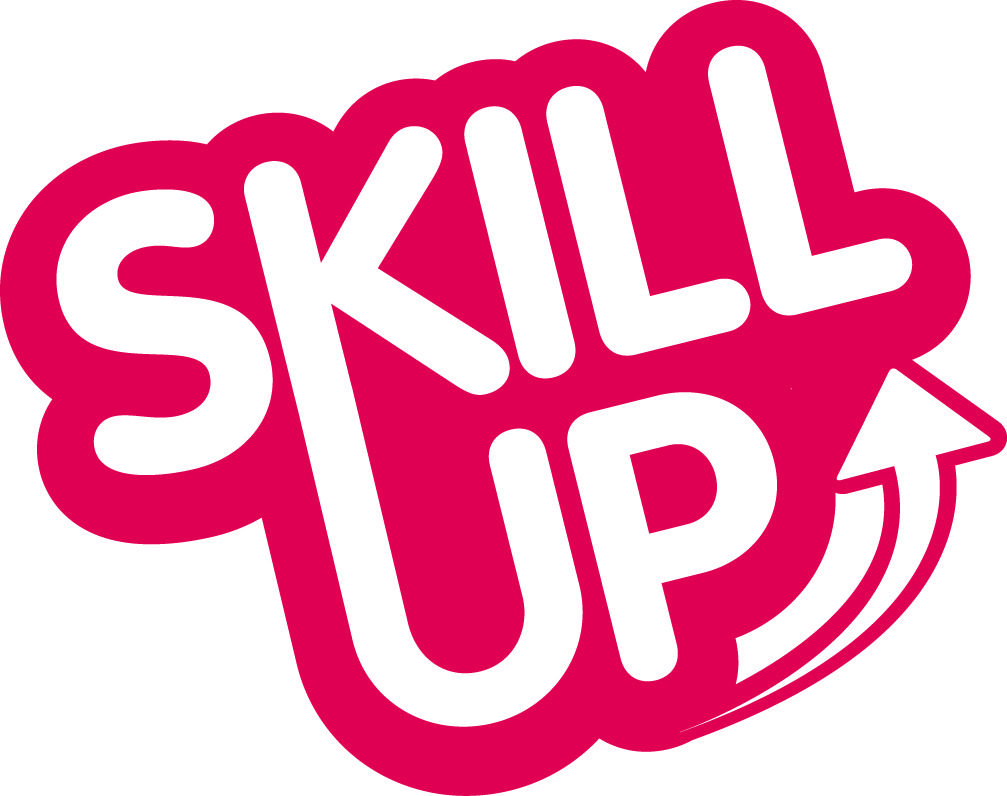Nothing good comes easy, they say, you don’t just sit around and expect to get lucky with a good job. Well, of-course luck they say is what happens when preparation meets opportunity. So the better you prepare, the luckier you get. Experience shows that landing a good job in African countries is just that bit harder than in the western countries and South Africa is no exception, this, however, is because the ratio of jobs to population is on the low side. This is another point that shows a great need for preparedness in order to stand a better chance at landing a good job.
Here are some truths that could actually help you stand out from the crowd and become ‘LUCKY’
1. Get Your Resume or Curriculum Vitae Ready:
Your CV is the first impression you create to your employer so you don’t want to mess this up, remember first impressions matter a lot. Make sure your CV is up to date and carries detailed but important information about you, you would not want to bug the employer with unimportant or informal details. Proof-read it over and over to make sure it is devoid of any spelling and/or grammatical error, you would be surprised that something as simple as a typographical error would disqualify you from getting an invitation, and how do you get the job without an interview? Avoid listing skills that you know you don’t have which is most likely to backfire. No matter how desperate you are, to be on the safe side, try to be as truthful as possible. Try to avoid the use of ‘big words’, you might be doing this with the hope of impressing but end up creating ambiguity in the mind of the employer, keep it simple but classic, formal and professional. Typing format should be standard and easy to read, (try Arial, Tahoma, Times New Roman font types e.t.c.). Most importantly, do not forget to add your contact details (address, email, and phone numbers).
2. Apply for Jobs that Match Your Qualifications/Skills/Talents:
As desperate as you might get, you need to stay focused on one kind of career field or maybe two, apply for a job you know you are capable of doing, don’t spread your seeds on rocky grounds, avoid applying for jobs you know is not in any way related to your field, or you don’t have the skills to do. Sometimes, you might have a skill, that is not related to what you studied in school, what you need to do in this situation is to make sure the skills are well explained in your CV, if you have experiences using this skill, make sure to explain how your skill contributed to the success of the company. Applying for an unqualified position reduces the chances of your consideration and you keep getting a ‘NO’. This is dangerous as it could have a negative effect on your psychic, discouraging you to press on.
3. Improve on Work-Related Skills:
To each kind of job are a number of skills attached. The more effective your skills are, the better your chances. If you already have them, see the need to get them developed, by attending seminars, getting involved in conferences, getting an extra degree or diploma as the case may be. For quite a number of years now, IT skills has been the most looked-out for skill by employers, irrespective of the kind of job. However, this doesn’t mean you should be some sort of technological guru, but at least try to get acquainted with the basics and be willing to know more. So if you are not computer literate, endeavor to get enrolled in an IT training program. Employers also love personnel with good communication skills, they like when the personnel is able to express himself either orally or in writing, so if you are not good at this, you should start practicing effective immediately, other skills include organizational skills, analytic skills, good relationship skills. etc.
4. Avoid Submitting the Same CV for Every Job Application:
This is a mistake commonly made by job applicants, not all the information on a particular CV is suitable for all jobs. Your CV should be edited to suit each job application. Skills needed for job A might be irrelevant for job B. So depending on the job opening, edit your CV just to suit it. For example, making mention of an electrical/electronic skill when applying for an administrative position is unsuitable. You must always keep in mind that your CV represents you in your absence.
5. Look Out for Unpublished Jobs/Establish a Network:
Try to search beyond newspapers, and online job search sites. Most companies, because of the finances involved tend to avoid job publications, in addition to this there is an increased traffic applying for jobs online, as there are lots of people involved, therefore chances that you might get recognized are slim. It is therefore advisable not to put all of your eggs in this one basket. However, information on online job search sites can help you know companies hiring, so its ideal to make your way there yourself instead of relying solely on the online recruitment. Research shows that big companies tend to make their pick of employees from recommendations by their workers. Therefore, to gain access to concealed jobs, try to establish a connection for yourself, put out calls to friends and family who are already working, this way, they can help put out a good word for you, and talk to other friends about you. Keep sending a reminder to them (not bug) so your name stays fresh in their memory, be specific but at the same time be open to a variety of options.
6. Prepare for the Interview:
After the hunting and submission of CV’s in the right places and eventually receiving an invitation, comes the most sensitive part of getting a good job – THE INTERVIEW!. You don’t want to fumble at this point after doing a good job with your CV and increasing the expectation of the employer. You ought to appear at an interview as a replica of what you have put down in writing. Again, preparation is key, when you have been invited for an interview, you start-up another set of search, make intensive findings about the position you’re applying for and the company as well, get familiar with questions related to the job and practice them, however, when answering questions speak from the inside, avoid presenting formatted answers that you have read online, or from some pamphlet, don’t get me wrong, gathering information on how to answer interview questions is good but let it serve as an aid, avoid copy-and-paste, you don’t want to appear fake to a trained and professional interviewer, you would have ruined any chance you thought you had. Dress! the way you want to be addressed, need I say more on this aspect.
7. Keep the Right Attitude:
Your attitude determines your direction. It all starts with the mind. You have to believe in yourself before anyone else believes in you. Try to keep a positive mindset and attitude, the right attitude is everything, I understand the anxiety that comes with an interview but try not to be too anxious or feel inferior, approach the interview with the mindset of a winner (not cockiness) try not to rush your answers, relax and act as natural as possible. Be confident and show how passionate you are to contribute your quota to the development and success of the company.
See Also: These 10 Hottest Jobs Of The 21st Century Bring The Biggest Bucks
Now that you have read these tips, it’s time to get to work, put them into practice and watch your dream job come to you. GOOD LUCK!







